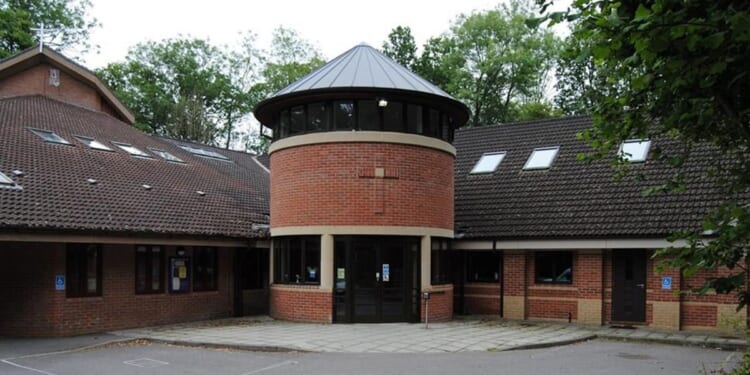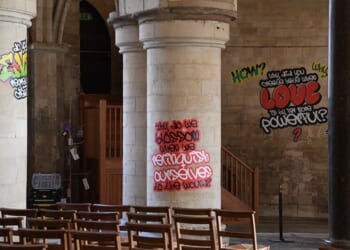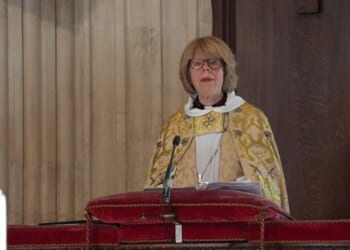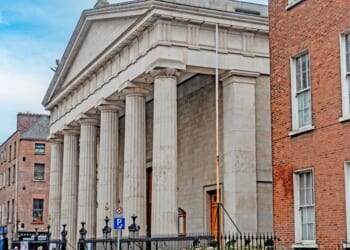THE Consistory Court of the diocese of Winchester has granted a confirmatory faculty authorising Christ Church, Chineham, to use two replacement gas boilers that had been installed without a faculty and without proper consideration given to the Church Buildings Council’s net-zero guidance.
The Diocesan Chancellor, the Worshipful Cain Ormondroyd, said that the case presented “a cautionary tale in respect of the difficulties that can arise when proper consideration is not given at an early stage” to the guidance.
The key points to be distilled from the guidance are that churches need to be properly heated; that the proposed and likely use of the building must be considered, assessing its needs; that any proposed heating system must be affordable; that a proper appraisal of heating options will generally involve placing all possible systems in order of merit in terms of meeting the net-zero target, and identifying the highest-placed system that meets the needs and resources of the church; and that the court should consider whether conditions should be imposed when granting a faculty, particularly in relation to offsetting.
Christ Church, Chineham, is run as a single-congregation local ecumenical partnership between the Baptist Church, the Church of England, the Methodist Church, and the United Reformed Church. The Vicar, the Revd Jonathan Clark, who is also a petitioner for the confirmatory faculty, is, however, the lead and only minister.
The church building is relatively modern: built in 1987, it was extended in the early 2000s. It is in use throughout the week for church and community events.
The church had previously been heated by three gas boilers of varying ages, each responsible for heating a different part of the building. From late 2023, the boilers began to fail, and, in March 2024, the petitioners sought quotations for replacement boilers.
An energy audit that had been undertaken was very positive about heat pumps. It observed that installing new gas boilers “would lock the building into fossil-fuel use for another 20-year period”, which was well past the target date of 2030 for carbon neutrality.
On 22 July 2024, the petitioners decided to proceed with the work of installing gas boilers. At that date, they had not received any indication of a substantive objection to their proposals from the DAC. They believed that the authorisation for which they were asking would inevitably be granted in due course. Before the Chancellor, the petitioners characterised their approach as “naïve”.
The petitioners justified their decision to install the new gas boilers on the basis that it was imperative that they be replaced in time for winter. The work was carried out badly, however, and a second contractor had to be brought in to remedy the situation in February 2025, at an additional cost.
The DAC did not recommend the grant of a faculty because it felt that the parish had not adequately explored more sustainable options for heating.
The Chancellor said that he had been left “in the difficult position of having to decide what to do now”. Making an order requiring the immediate removal of the unlawfully installed gas boilers would be “a drastic course of action”, he said.
Winter was approaching, and it would impose a further heavy burden on the petitioners if they had to do more work on an expedited basis to explore different options. That was in nobody’s interest, the Chancellor said.
Therefore, the Chancellor concluded that the gas boilers should be allowed to remain for three years. That would give the petitioners sufficient time to consider matters without any undue pressure or hurry, while also allowing for the installation of a more sustainable form of heating before the 2030 target date.
During the three-year period, a condition was imposed, as suggested by the guidance, requiring that any carbon emissions from the operation of the gas boilers be offset.

















